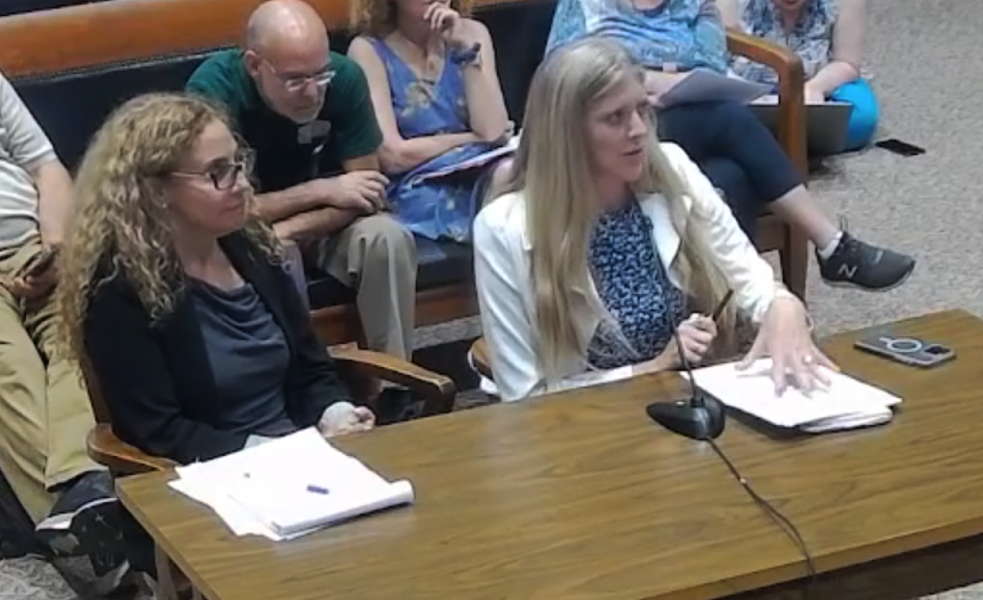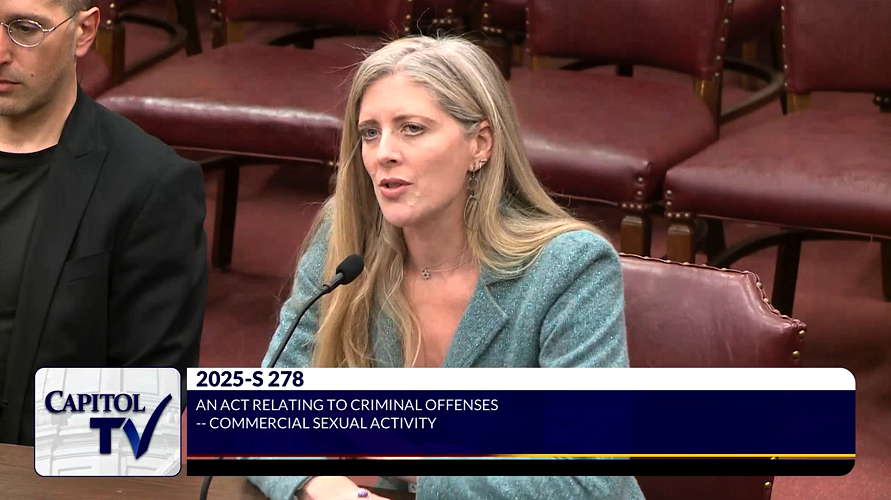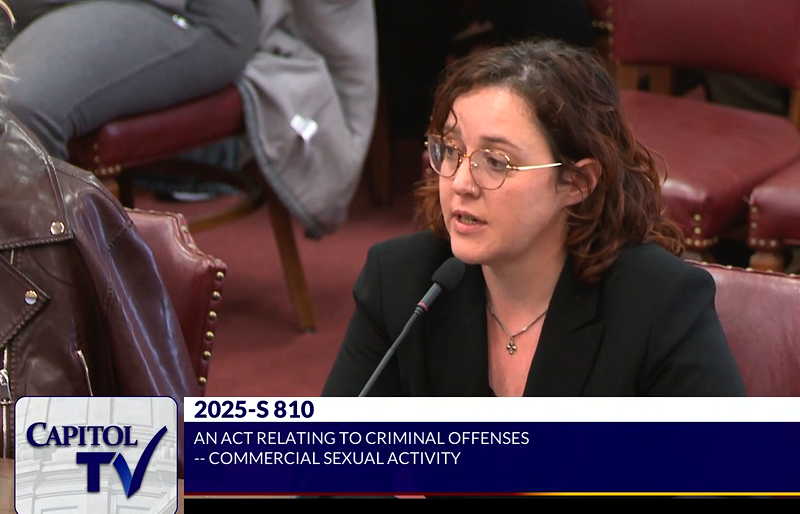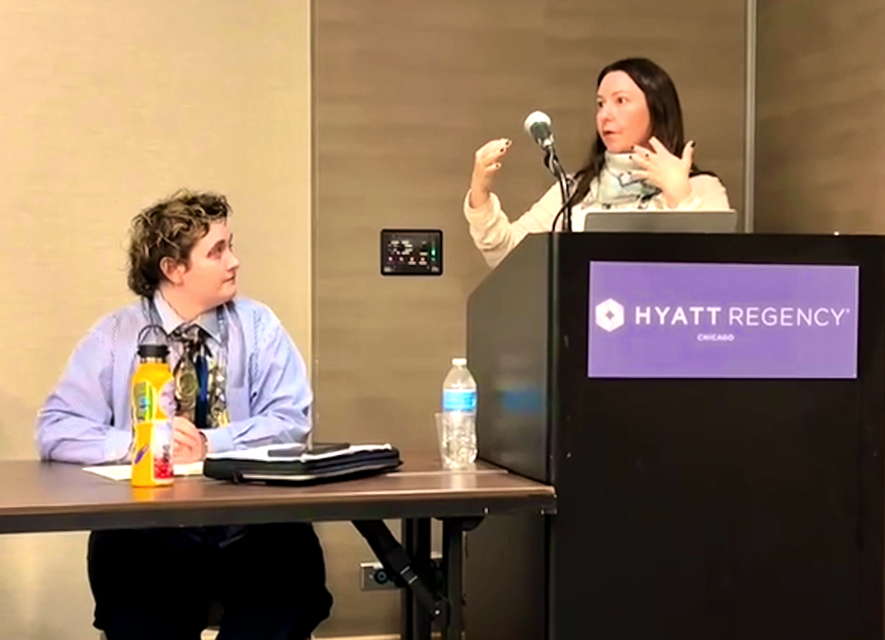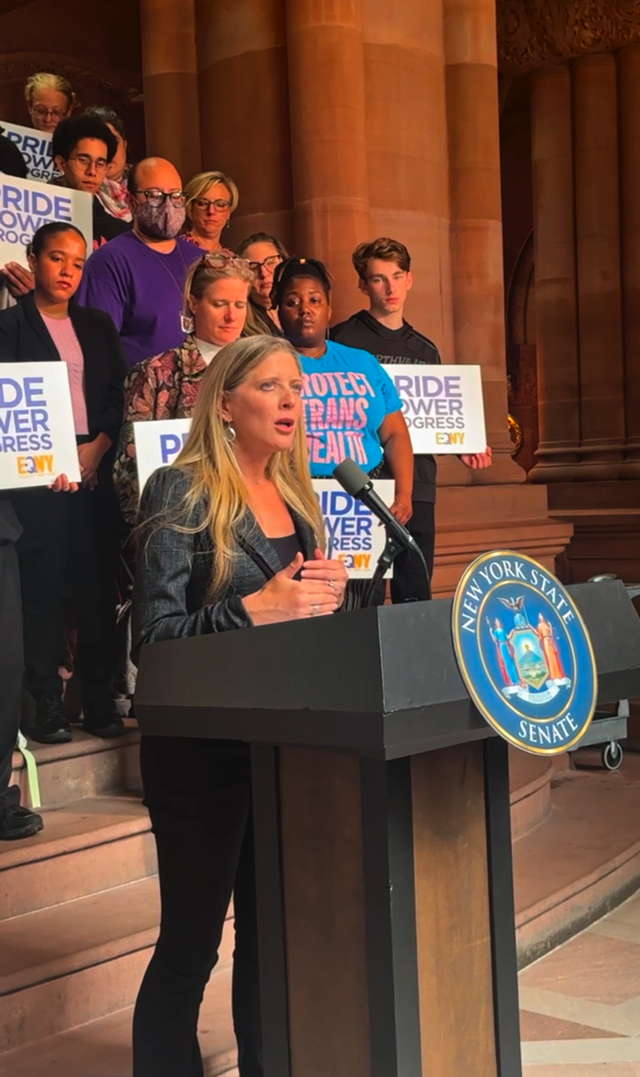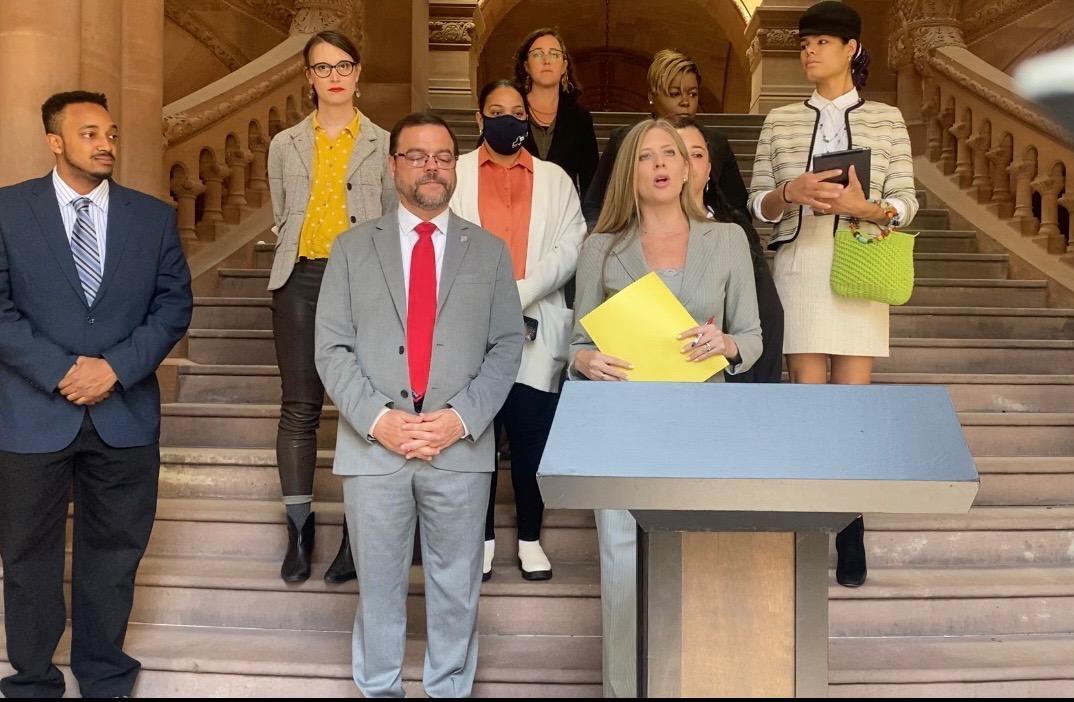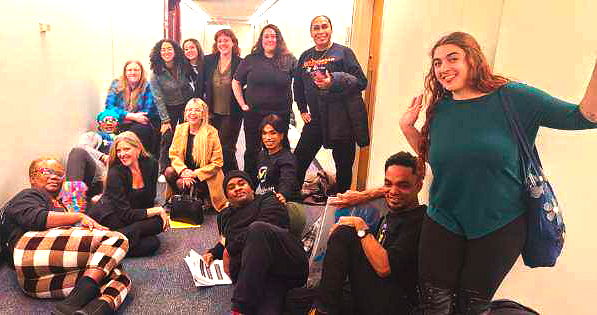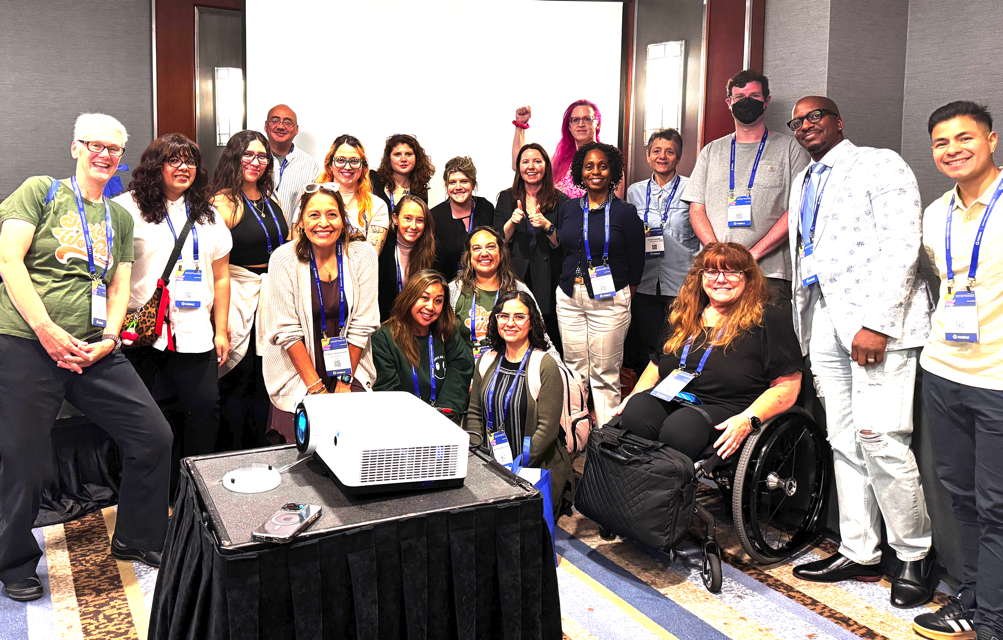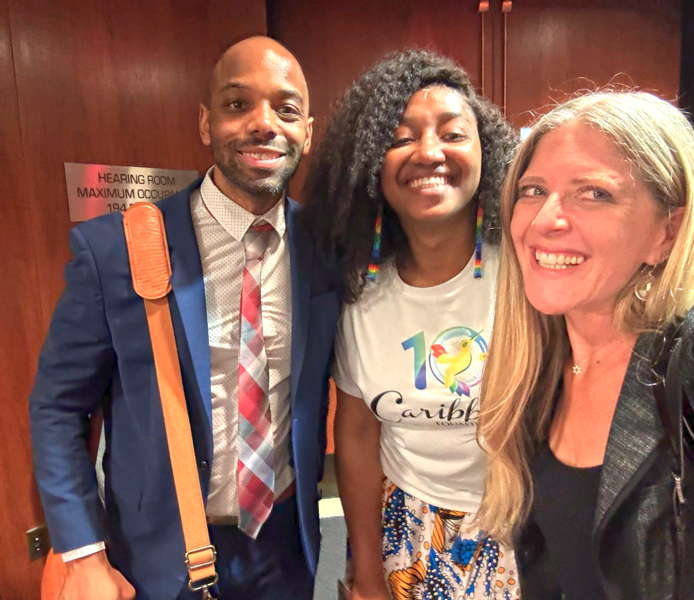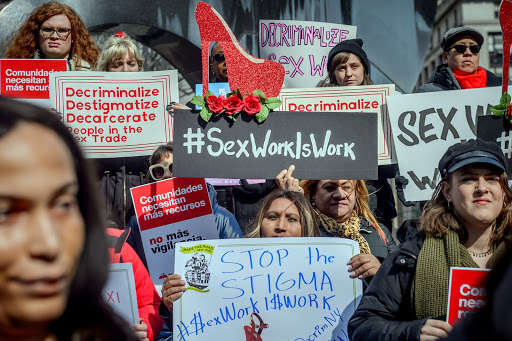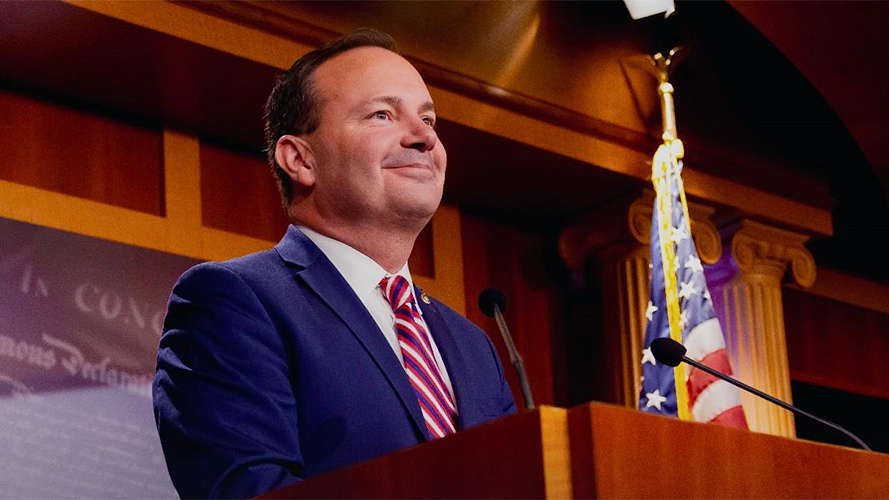August 25, 2025
After years of tireless advocacy, we are on the verge of making history. A.1029-B/S.3967-B, New York’s groundbreaking Immunity Bill, has passed both chambers of the Legislature with unanimous, bipartisan support — a rare and powerful show of unity. Now, the bill sits on Governor Kathy Hochul’s desk, awaiting her signature.
We need your voice to help push this over the finish line. It just takes a moment! Click here to email Governor Hochul and urge her to sign this common sense legislation.
This bill grants conditional immunity to survivors of trafficking and sex workers who come forward as victims or witnesses of a crime. It removes the fear of arrest and prosecution, empowering them to report serious crimes like assault, trafficking, or murder.
Such a law could have made a difference in the long-delayed investigation of the Gilgo Beach serial killings. Many women who were aware of the accused killer, Rex Heuermann, were too afraid to report information to authorities for fear of arrest and stigma.
Supported by survivors, advocates, and district attorneys across the state, this bill is a long-overdue public safety measure. Eleven other states have already passed similar laws. It's time New York does too.
Help us make history and protect vulnerable New Yorkers.
Email Governor Hochul now.

DSW Newsletter #65 (August 2025)
DSW Attends National Conference of State Legislatures in Boston
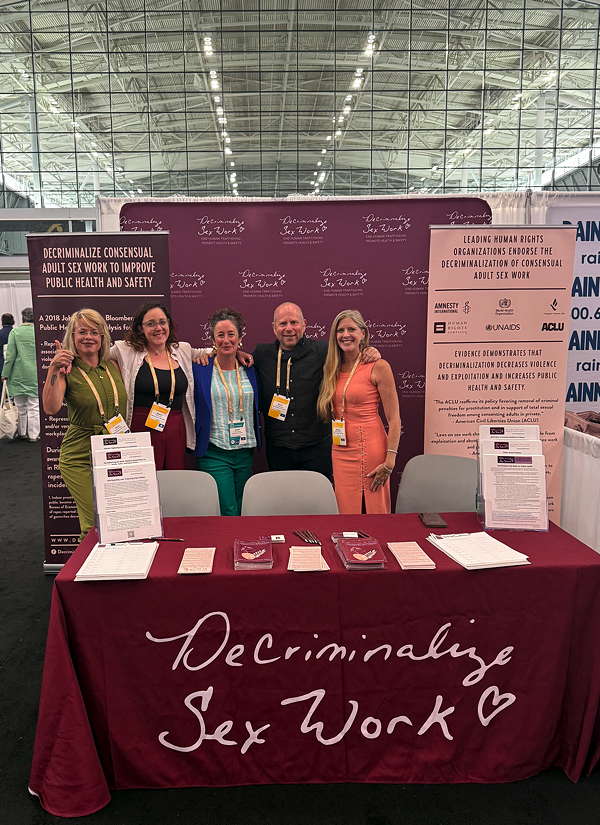
DSW Testifies in Massachusetts on Critical Legislation To Support Sex Worker Health and Safety
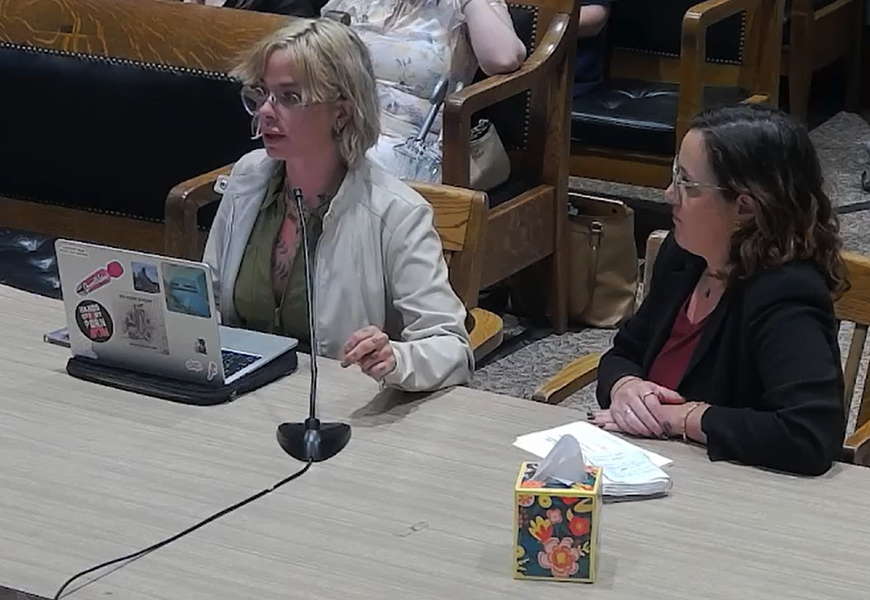
2025 Legislative Recap
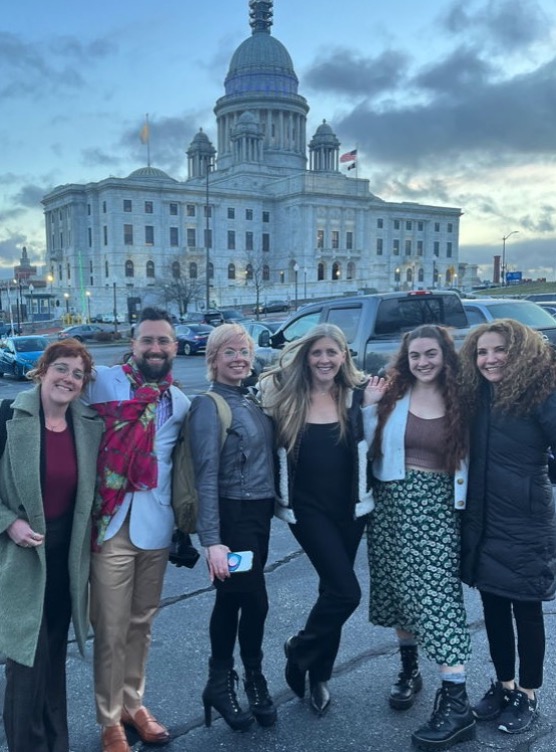
New Yorkers! Help Make History!

White House Executive Order Delivers Major Win Against Financial Discrimination

UNLV Libraries Acquire Historic Archive on Sex Work Activism





